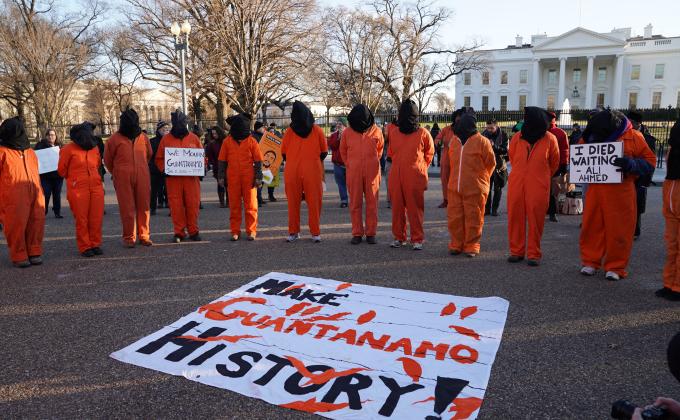On 1 September 2017, ICCT hosted a High Level Panel on juveniles in terrorist-related activities.
Date: Friday 1 September 2017, 15:30 – 17:30
Venue: T.M.C. Asser Instituut, R.J. Schimmelpennincklaan 20-22, The Hague
Juveniles are increasingly involved in terrorist-related activities abroad and at home. Some may have been taken to Syria or Iraq by their parents or may have been born within the so-called Caliphate where they are 'educated' according to the strict so-called IS/Da’esh doctrine. Some are forcefully abducted, sometimes drugged or otherwise desensitised for violence before becoming actively involved in hostilities. Yet, others join terrorist organisations seemingly of their own accord. Due to their relative immaturity, diminished sense of responsibility and underdeveloped moral compass juveniles are especially vulnerable to recruitment by terrorist groups.
Many states are exploring how they can successfully counter the potential threat posed by juveniles involved in terrorist-related activities, while at same time protecting the rights of children. Some countries see juvenile terrorists as having both victim- and offender status, meaning that juveniles involved in terrorist activities should always be considered for preventative, non-custodial and rehabilitative measures first. Others treat juvenile terrorist suspects like adult terrorist offenders, often handing out lengthy punishments despite the existence of specialised juvenile legislation. Each approach brings its own set of risks and challenges.
The High Level Panel brought together four experts in the field to discuss the involvement of juveniles in terrorist activity and approaches to this phenomenon within and beyond the criminal justice sector.
In particular, Nikita Malik discussed the roles children have assumed under Islamic State; Céline Glutz introduced how juvenile justice standards are implemented in the counter-terrorism context; Lili-Anne de Jongh shared practical experiences with radical juveniles and give insights into general and local approaches, and Liesbeth van der Heide focussed on the steps that are taken with respect to rehabilitation and reintegration within and outside the prison context.
Agenda
15:00 – 15:30 Doors open, coffee and tea served
15:30 – 15:40 Word of welcome by ICCT
15:40 – 15:55 Nikita Malik, Centre for the Response to Radicalisation and Terrorism
15:55 – 16:10 Céline Glutz, Switzerland Federal Department of Foreign Affairs
16:10 – 16:25 Lili-Anne de Jongh, International Juvenile Justice Observatory
16:25 - 16:40 Liesbeth van der Heide, ICCT & Leiden University
16:40 – 17:30 Q&A session
17:30 – 19:00 Drinks reception
Contact
If you would like to attend this event, you can RSVP by sending a message to events@icct.nl by Monday 28 August 2017, mentioning your full name and organisational affiliation.
The event is free of charge and open to the public.
Join the conversation on Twitter with the hashtag #HLP2017




